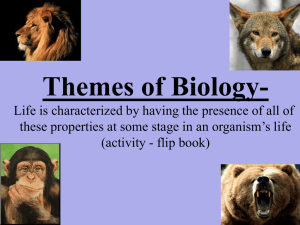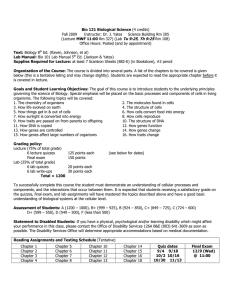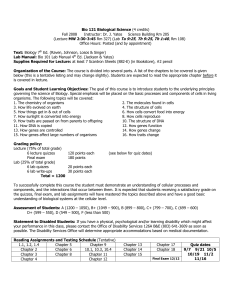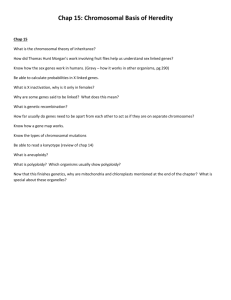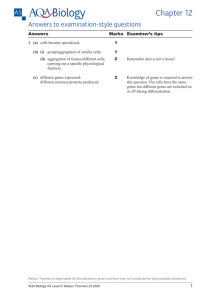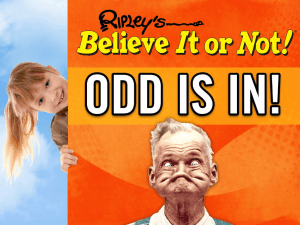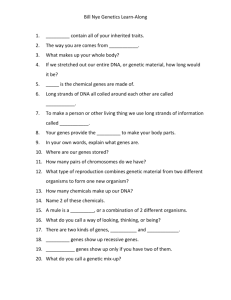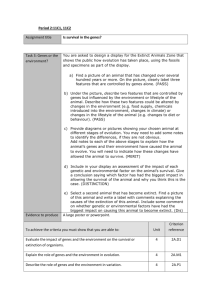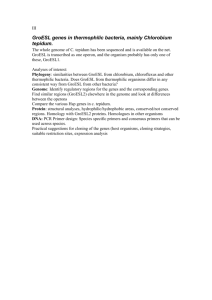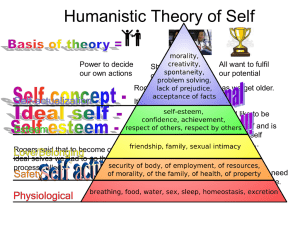Evolution Myths & Misconceptions Worksheet
advertisement
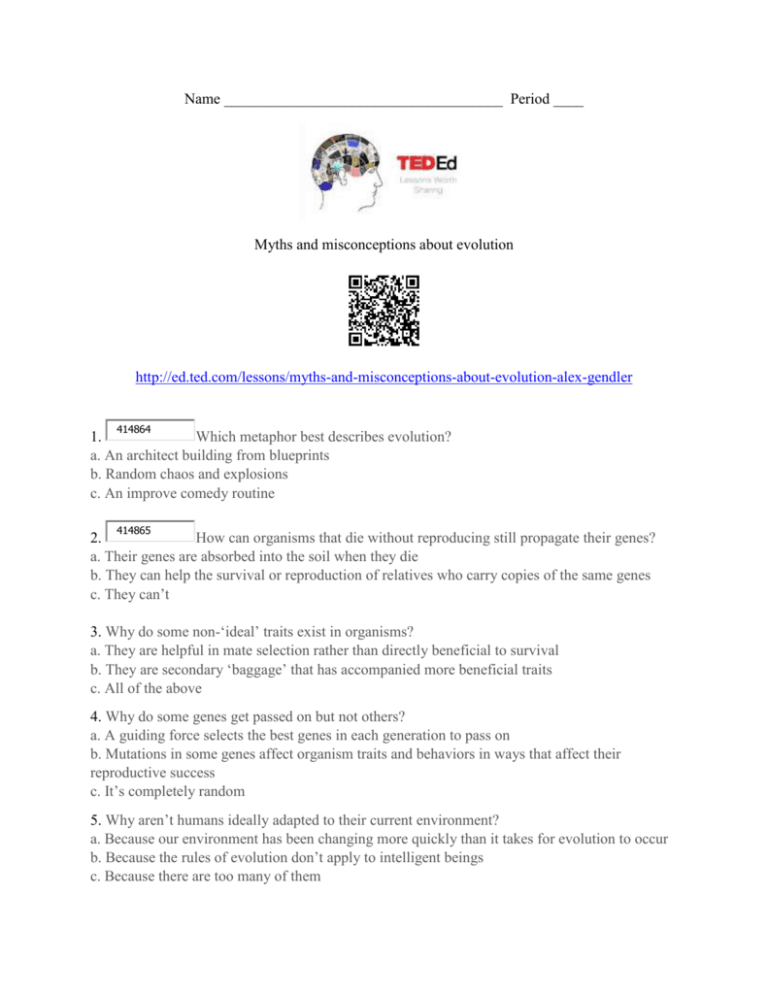
Name _____________________________________ Period ____ Myths and misconceptions about evolution http://ed.ted.com/lessons/myths-and-misconceptions-about-evolution-alex-gendler 414864 1. Which metaphor best describes evolution? a. An architect building from blueprints b. Random chaos and explosions c. An improve comedy routine 414865 2. How can organisms that die without reproducing still propagate their genes? a. Their genes are absorbed into the soil when they die b. They can help the survival or reproduction of relatives who carry copies of the same genes c. They can’t 3. Why do some non-‘ideal’ traits exist in organisms? a. They are helpful in mate selection rather than directly beneficial to survival b. They are secondary ‘baggage’ that has accompanied more beneficial traits c. All of the above 4. Why do some genes get passed on but not others? a. A guiding force selects the best genes in each generation to pass on b. Mutations in some genes affect organism traits and behaviors in ways that affect their reproductive success c. It’s completely random 5. Why aren’t humans ideally adapted to their current environment? a. Because our environment has been changing more quickly than it takes for evolution to occur b. Because the rules of evolution don’t apply to intelligent beings c. Because there are too many of them 6. Explain the concept of ‘natural selection’ and what it really means. Specify what mechanism actually causes the natural selection and why it occurs. 7. Elephants who are past reproductive age often lose their teeth in old age, then slowly starve to death as a result. Explain why there is no evolutionary pressure for this terrible and seemingly maladaptive situation to change. 8. Many organisms, such as the anglerfish, exhibit large degrees of sexual dimorphism, where the male and female of the same species differ greatly in size and/or other characteristics. Can you think of some reasons why such a situation would have evolved or how it is beneficial?
